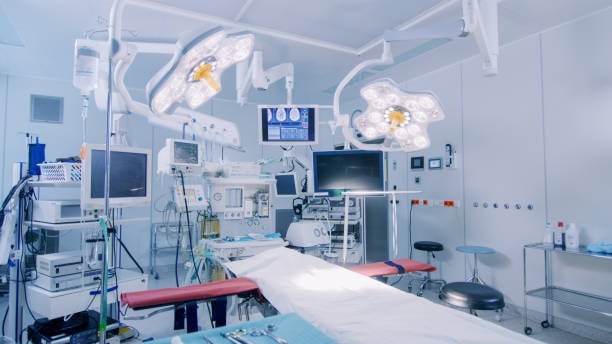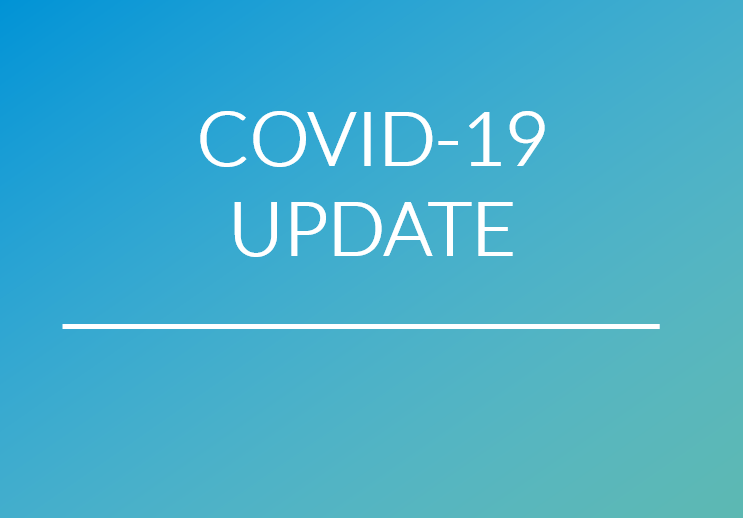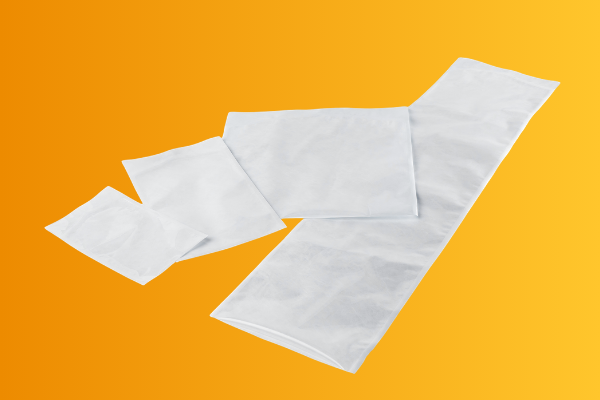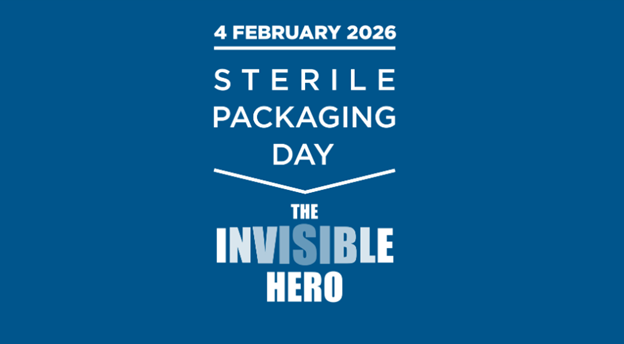Around the world, we have all felt the impact of COVID-19. In the United States, where Oliver is headquartered, we started to really notice the effect in late February / early March. Almost every major industry has been impacted by the pandemic, and healthcare has felt a profound shift. Healthcare workers around the world have been fighting COVID-19 heroically from the frontline. Major pharmaceutical companies are working hard to develop a vaccine that will stop the spread. And companies like Oliver are working to keep the medical supply chain stocked and ready to support the industry.
The US market has taken longer to bounce back than other areas of the world like Europe and Asia. Much of this is due to how COVID-19 is being handled differently from region to region and country to country. In the US, many people have refrained from visiting a doctor since the start of the pandemic. In China, digital hospitals, which are commonly known as telehealth, are opening at a rapid rate with a goal of treating 270 million patients via phone and web-based visits. Trends like these are accelerating worldwide due to COVID and will no doubt impact healthcare, including related industries like packaging.
Another major shift in the industry is related to vaccine production. Companies around the world are racing to find a vaccine for COVID. In normal circumstances, it can take as long as 7-8 years to approve a vaccine like the one being proposed for COVID-19. The timeline has been compressed significantly, but pharmaceutical companies understand that safety and efficacy are the most important aspects of bringing a new vaccine to market. The recent Stand With Science pledge is an encouraging sign to continue balancing speed with patient safety and public confidence in vaccines.
Part of that safety pledge should include the packaging innovation required to distribute a vaccine to a large number of patients. For example, the initial vaccines require multiple doses to generate an appropriate immune response and must be shipped and stored at very cold temperatures, which makes distribution challenging and expensive. Next generation vaccines are likely to remain shelf stable at ambient temperatures and may include alternate delivery methods like nasal sprays or transdermal patches. These innovations simplify distribution and enable the vaccine to reach a greater number of patients, especially in the developing world, where lack of a cold chain distribution network limits access to products that require it.
Oliver is well positioned to contribute to the packaging innovation that will support the distribution of vaccines. We are shifting our focus to apply known solutions to the problems of cold crash and shelf stability. We know that every distribution process must be examined to use proven solutions that can scale quickly, and we are ready to work with customers to design the optimal packaging solutions needed for both early and future generations of vaccines. The fight against COVID-19 isn’t over, but as we get closer to the mass production of a vaccine, Oliver is ready to do our part.
MARCH COVID-19 Update




